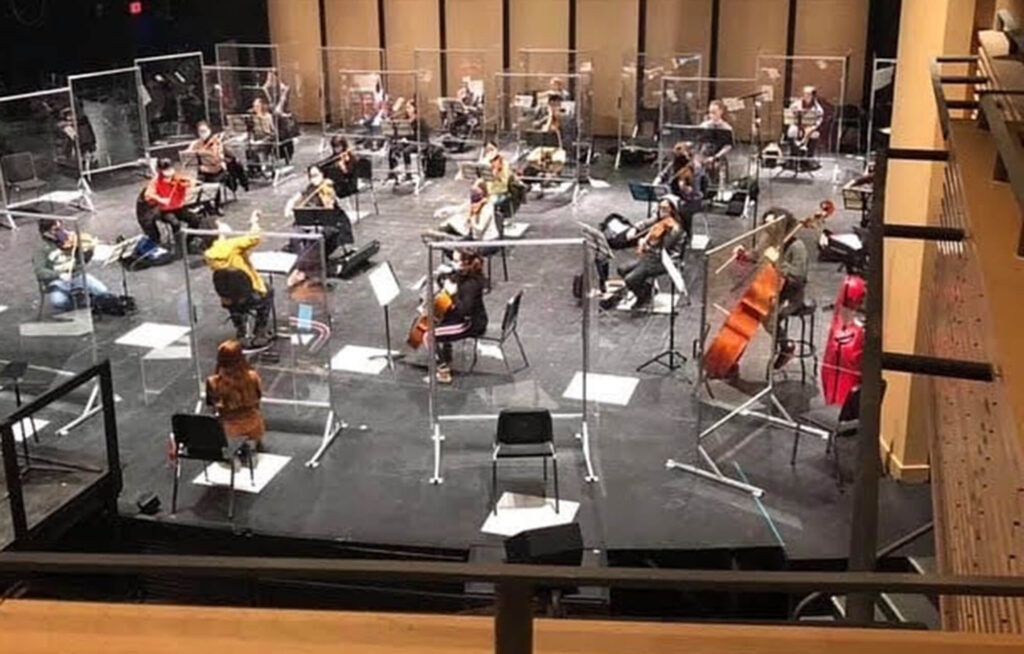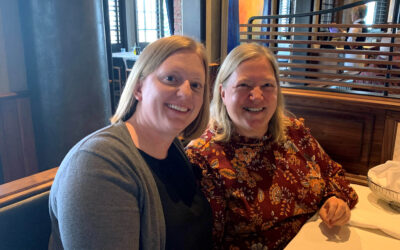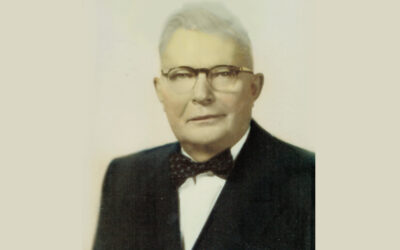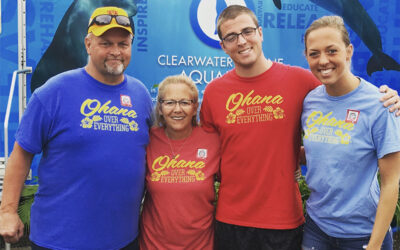I feel lucky to have had close relationships with two college advisors. Both not only guided me through coursework and projects; they also taught me many lifelong skills.
Communication and research
The first mentor was Dr. Amy Weldon, my undergrad senior project advisor at Luther College. She helped create a bridge between my two majors, English and music. Both rely heavily on the ability to communicate a message with clarity to a variety of audiences.
With Dr. Weldon’s help, I improved my ability to convey a message and connect with my audience. Whether the message was shared through a poem or through music, the thought process behind it was the same.
That same process is critical in my work as a client services specialist, where I regularly convey messages through email, verbal conversation, or a well-organized report. I’ve learned that a large part of communicating is listening to people’s experiences and then expressing information in a way that resonates with them.
Another key skill I developed under Dr. Weldon’s guidance was research. I learned how to strategically investigate, organize my findings, and use the research to deliver a message to an audience. During college, I used these skills to write a song cycle giving voice to the women of Greek myth by delving into the mythology, more contemporary works about the depiction of femininity, and stylistic analyses of writing for song.
Now, I use these skills to research charitable organizations for our clients, help facilitate relationships between LWP and our outside vendors, and procure office equipment. They also help me to minimize stress for clients by improving our technology to be more exact, efficient, and easy to understand.
Adaptability and organization
The second mentor was Dr. Patricia Green, my voice instructor at Western University. (She is at right in the photo above.) Under her guidance, I further honed my communication skills. I learned the differences in the nuances of performing for five people versus hundreds of people, and ways to make my message clear each time.
She also helped me to be adaptable – which has been very helpful in these COVID times. My area went into lockdown the day before a big recital for my master’s program. We quickly shifted gears and I performed by a livestream rather than in front of a live audience. I was suddenly singing into a mask and inside a Plexiglas box, so it required a quick shifting of technique as well as communication style.

Natalie performing in an opera during the COVID pandemic
Both mentors stressed organization and time management. They helped me identify what needs to be done, find the best way to accomplish it, and create systems to track all steps to a project, ensuring they get the time and attention they require.
In my job at Laurel Wealth Planning, adaptability, organization, and time management all help me give the best possible service to clients and colleagues.
Creative limits and finding joy
It may seem counterintuitive, but Dr. Weldon showed me the freedom of limitations. In a lesson that has stuck with me, she pointed out that the structured lyrics I wrote for my senior project were coming more easily and were higher quality than the freeform lyrics. This made me realize how often constraints can foster creativity.
When the sky’s the limit on a project, it’s easy to lose focus. Stepping back and thinking about what I want to achieve and how I can do so within a set structure can lead to a better, more creative outcome. This is just as true for the limits of daily life, like time or money, as it is of musical writing structures.
The biggest takeaway from both mentors was to find the joy in what I’m doing. As a perfectionist, I easily get so wound up about doing everything absolutely right that I lose sight of the reason I’m doing the thing in the first place. My mentors showed me that finding the joy in any activity doesn’t sacrifice the quality; it translates to good work and a happy life.



